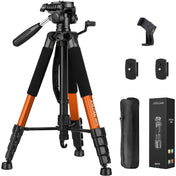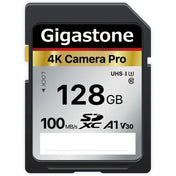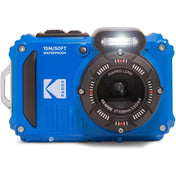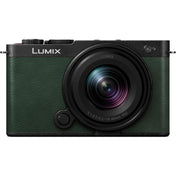In the world of photography, one of the most debated topics is the importance of megapixels in a camera. Megapixels, or millions of pixels in an image sensor, play a crucial role in determining the quality and resolution of the images captured. In this blog post, we will explore the impact of megapixels on photography cameras and how it influences the overall picture quality.
Understanding Megapixels
Megapixels refer to the number of individual pixels that make up an image captured by a camera. The higher the megapixel count, the more detail and resolution the image will have. This is because a higher megapixel count means more pixels are packed into the image, resulting in sharper and more detailed photographs.
The Role of Megapixels in Image Quality
When it comes to image quality, megapixels are just one piece of the puzzle. While a higher megapixel count does result in sharper images, other factors like the size of the image sensor, the quality of the lens, and the camera's processing power also play a significant role in determining the overall image quality.
Resolution and Print Size
One of the key advantages of a high megapixel count is the ability to print larger images without losing quality. Cameras with higher megapixel counts are capable of capturing more detail, allowing for larger prints with crisp details. For photographers who need to print their work in large formats, a higher megapixel camera is essential.
Low-Light Performance
While high megapixels are beneficial for resolution and detail, they can sometimes have a negative impact on low-light performance. Cameras with high megapixel counts tend to have smaller pixels, which can result in more noise in low-light conditions. Photographers who frequently shoot in low light may prefer a camera with fewer, larger pixels for better low-light performance.
Choosing the Right Megapixel Count
When selecting a camera, it's essential to consider your specific needs and shooting style to determine the right megapixel count for you. If you primarily shoot landscape or architectural photography and require high-resolution images for printing, a camera with a higher megapixel count would be ideal. On the other hand, if you shoot fast-paced action or low-light scenes, a camera with fewer, larger pixels may be more suitable.
Professional Photography
For professional photographers who need the highest level of detail and flexibility in post-processing, cameras with higher megapixel counts are a popular choice. These cameras offer unmatched resolution and detail, allowing photographers to crop and edit images while retaining exceptional quality.
Amateur Photography
Amateur photographers, on the other hand, may not necessarily require the highest megapixel count. For everyday photography needs, a camera with a moderate megapixel count can capture excellent quality images without the need for extensive post-processing.
Technological Advancements in Megapixels
With advancements in technology, camera manufacturers are continuously improving sensor technology to optimize the balance between resolution and low-light performance. High megapixel cameras are now equipped with advanced noise reduction algorithms and improved sensor sensitivity to enhance image quality in various shooting conditions.
Final Thoughts on Megapixels
While megapixels undoubtedly play a crucial role in determining the quality and resolution of images, they are not the sole factor to consider when choosing a camera. It's essential to weigh the benefits of higher megapixels against other factors like low-light performance, lens quality, and camera features to select the best camera for your photography needs.
Embracing the Megapixel Revolution
As technology continues to evolve, the debate over megapixels will persist. However, rather than viewing megapixels as a standalone measure of image quality, photographers can embrace the megapixel revolution as a tool for capturing stunning, detailed images that truly showcase the beauty of the world through the lens.











